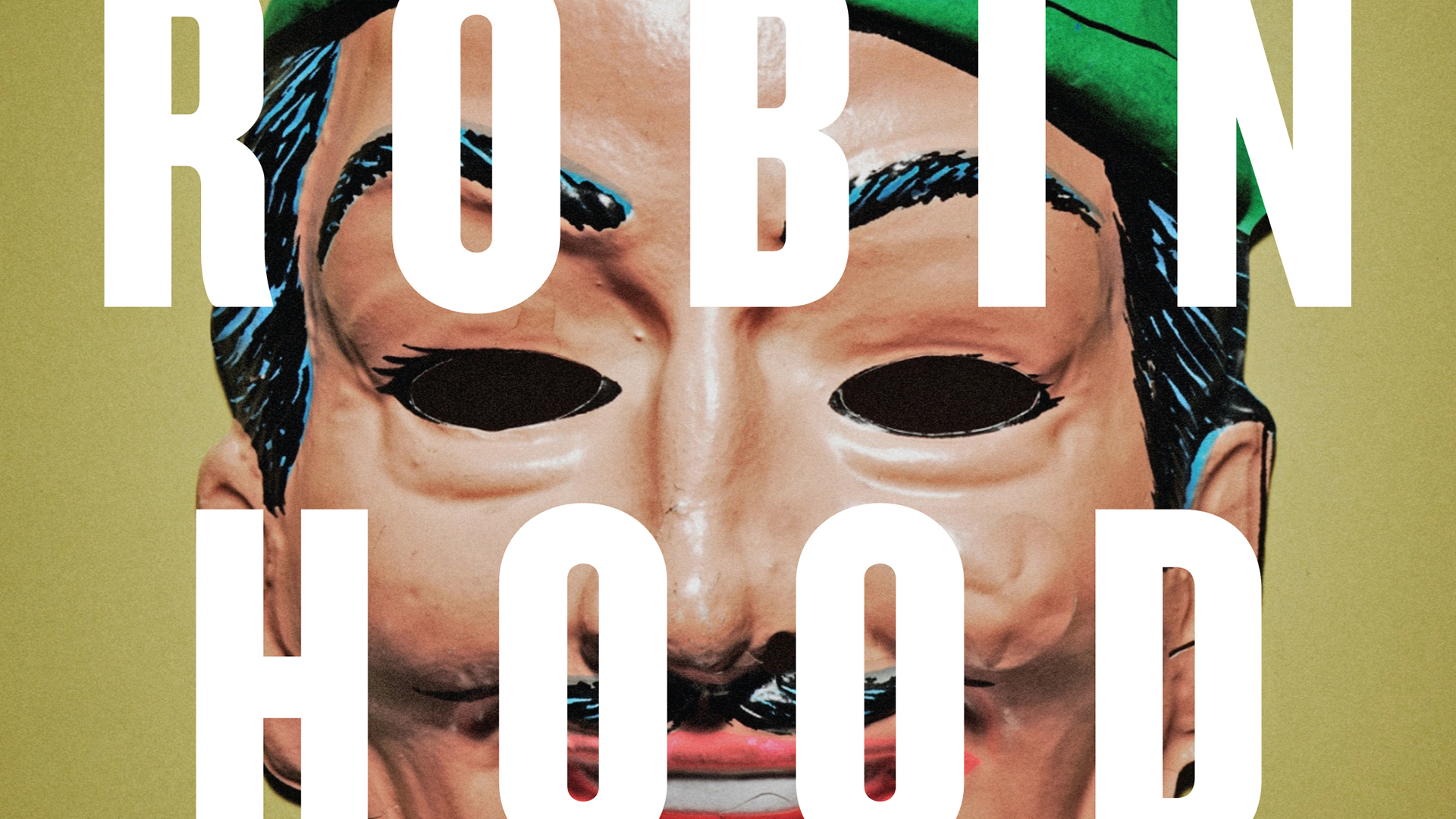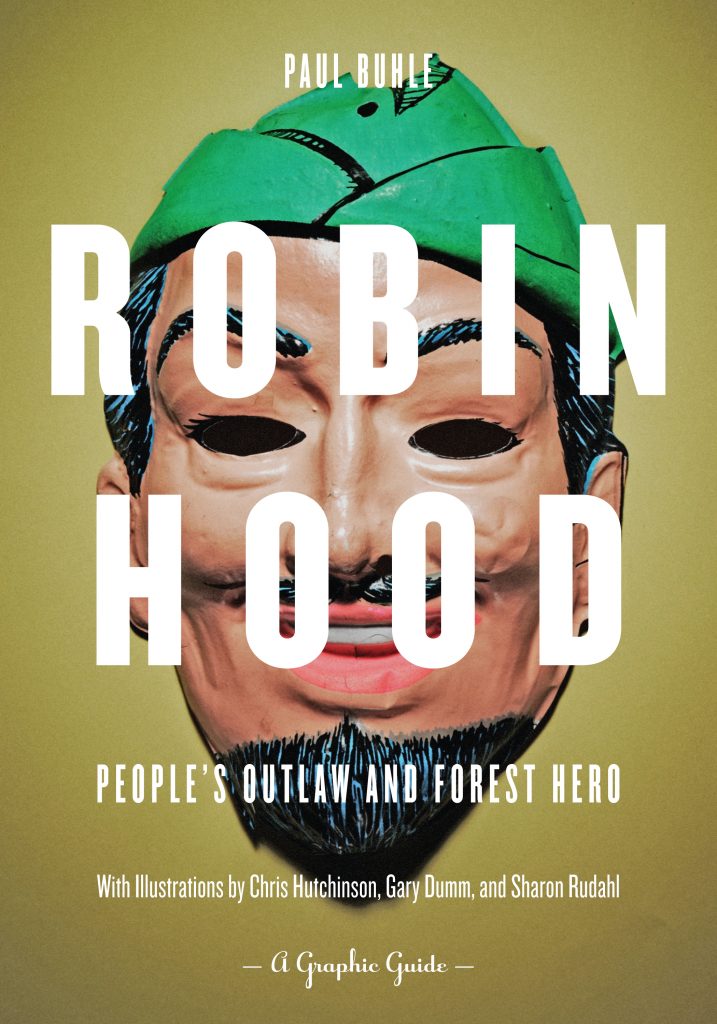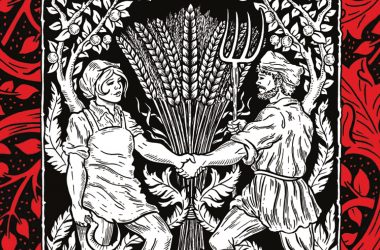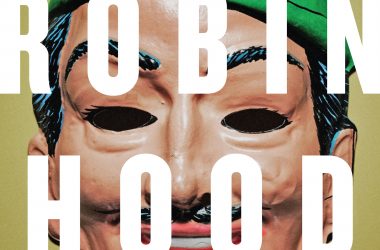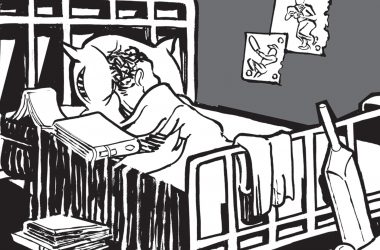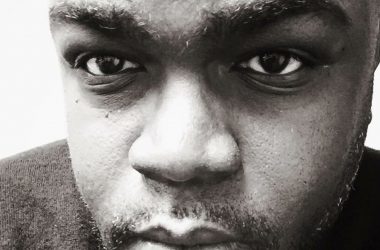October 27, 2011
Six
or seven centuries since the mythic people’s outlaw became a
celebrated hero in parts of England, the populist avenger of Sherwood
Forest has made yet another encore. This time, rather than resisting the
tax collector, he has become the image of the people’s tax collector:
the symbol of a one percent tax on financial transactions.
The identification of the iconic Robin Hood with a proposed one percent toll charge on financial transactions was perhaps an idea waiting decades (or generations, or centuries) to happen. It emerged politically in the UK last year. Richard Curtis (director of Four Weddings and a Funeral) and a growing list of British show biz figures endorsed it as an anti-poverty scheme, and it bubbled unevenly across parts of the continent until recent weeks. Britishers released a couple of terrific YouTube entries with Bill Nighy and Sir Ben Kingsley as capitalists persuaded of their guilt, and on October 17 Adbusters proposed the tax as a logical, clear-cut demand for the Occupations that it had done so much to promote. Since then, the web has been alive with the idea, with Slate perhaps most determined to get in front of the Next Big Thing. The appearance of Robin-dressed protesters kayaking on the Chicago River portended a good-humored assault on capital that, with luck, opens up a new front for the 99 percent.
Costume-party suppliers have had feathered Robin hats and matching green non-superhero outfits, to buy or rent, for years. The seemingly endless film revivals, the local theme pageants, the growing scholarly apparatus (the Robin Hood Project at the University of Rochester the foremost on this side of the ocean, and an endless pursuit of archives on Robin’s home side) may all make the cognomen appear opportunistic. But let’s not forget the weight of the symbolism.
Back in the fourteenth century, a combination of plague, religious dissent (John Wycliffe translated sections of the Bible into the vernacular, and some of his disciples, fearing arrest, headed for countryside, spreading the Word), and outright class war (Wat Tyler’s Rebellion in 1381) followed by brutal suppression arguably prompted the need for a Resister Myth. Perhaps some regional nobleman, on the run from debts, really did take to the woods in the previous century, and certainly the aftereffects of the Norman invasion sparked an undying resentment against “usurpers” in power. Churchly corruption, meanwhile, prompted something bordering on anticlericalism, and a few real-life Friar Tuck–types who actually joined the roaming outlaw bands. The romantic defender of the villagers against royalty became fixed in popular verse with the fifteenth-century A Lyttell Geste of Royin Hode, and in the ages to follow, a proliferation of local May pageants dedicated to Robin (and Maid Marian, a sexy Virgin Mary figure of sorts), mass-produced broadsides, and formal theater kept the saga alive. To this day, only King Arthur rivals Robin for English mythic lore.
Robin Hood and the Merry Men became, unradical scholars insist, mere entertainers, jolly rascals who never meant to upset the social system or take revenge upon those who benefited most from it. Radical literary scholar-popularizer Joseph Ritson, who collected and published all the known Robin poems and songs in a totemic 1795 volume, set a contrary legend into stone. Subsequent pulp novels, children’s and comic books, films, and television shows have never quite resolved the contradictions, for the good reason that Robin might really be awaiting the return of Good King Richard, and not the overthrow of the monarchy.
Still, the generic Robin types of various media have offered rebellious spirits splendid encouragement. Good-hearted outlaws in some distant zone, mountain fastness or woods, defend their territory, right as many wrongs as they can, and in the best cases infiltrate the village surrounding the castle (almost always with the help of a clever, idealistic noblewoman who has the hots for our protagonist) and restore a degree of justice, if they cannot actually overthrow the powerful. Television’s Adventures of Robin Hood (1956-8), scripted under pseudonyms by blacklist victims, including Oscar-winning Ring Lardner, Jr. and Abbott and Costello scriptwriter Robert Lees among others, may be the funniest version. More recent versions have notably advanced along multicultural lines. To the erratic Errol Flynn, in the 1938 film classic, belongs the most virile representation of Robin; he soon starred in a few great anti-fascist films.
Both older and newer versions have ecological undertones, albeit involving the defense of a human-altered, village-and-forest environment and the thinning of the King’s private deer population. They are also utopian, with strong reminders of a lost domain of freedom. They are arguably the splendid anarchist creators of their own communal mini-government. Putting aside the related English village themes of fertility and religion (the Merry Men were twelve disciples, according to popular versions), I suspect that Robin’s very defense of customary values is the key to our current usage.
The hue and cry against the one percent has tradition in its favor, not merely of the New Deal but also the old deal: outraged farmers and workers against the bankers, Main Street against Wall Street, and the sense of a betrayed nation. The late E.P. Thompson, historian of the English working class, would likely have pointed to the continuing power of familiar rights. If this is closer to Robert LaFollette or William Jennings Bryan than to Marx or Bakunin, that’s because it makes better sense for the movement.
How odd: Bill Gates, George Soros, Warren Buffet, Joseph Stiglitz, and Jeffrey Sachs alike claim to favor a tax that they call the FTT (Financial Transaction Tax) but that sounds like Robin Hood’s, and a Italian treasury minister campaigned unsuccessfully in 2007 on what he called a Robin Hood Tax, in this case on the windfall profits of energy companies. The European Parliament passed a symbolic motion along those lines last year, and online polls suggest that the idea has wide, perhaps overwhelming support, although not yet in the places that count. How notables in parliaments and out feel about the mass movement in the streets is another matter.
Never mind for now: Robin is stirring again.
Paul Buhle’s Robin Hood: People’s Outlaw and Forest Hero is forthcoming from PM Press.

